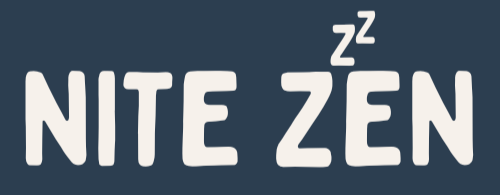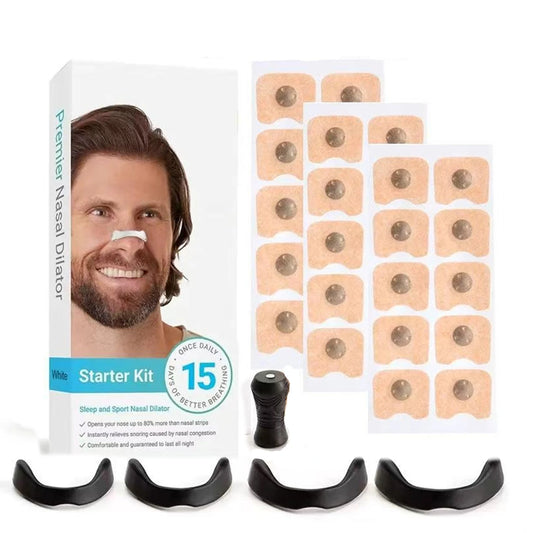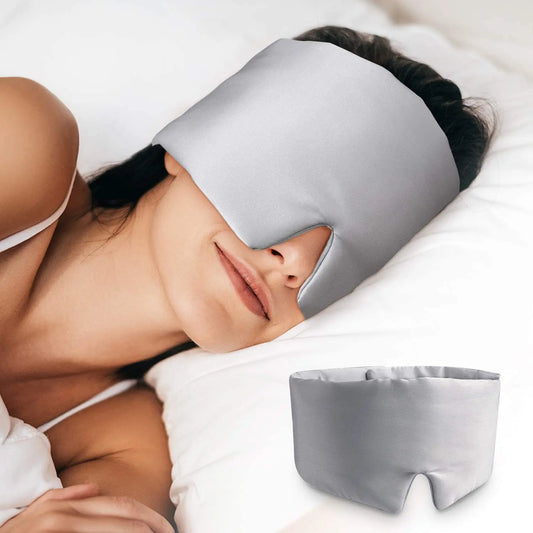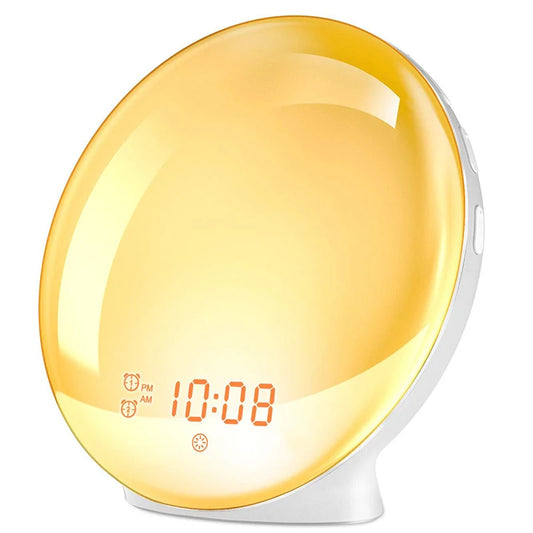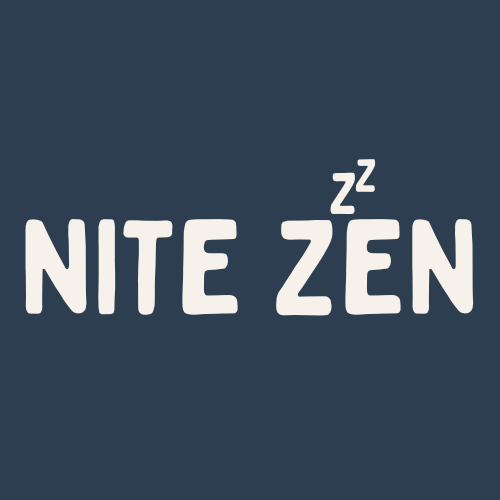
Top 5 Reasons Nose Breathing at Night Improves Sleep (and How to Make It Easier)
Share
Are you getting enough restful sleep, yet still waking up groggy or congested? The way you breathe at night could be the missing link between restless nights and feeling truly refreshed. Nasal breathing is far more than a minor detail in your sleep routine, it can have a profound impact on your quality of rest, overall health, and daily energy.
Why Does Sleep Quality Depend on How We Breathe?
We often consider factors like room darkness, mattress quality, or screen time as the primary variables impacting sleep. But few realize how crucial breathing is. Your body's repair, immune response, and hormone balance all depend on oxygen intake and uninterrupted rest. By focusing on healthy nighttime breathing habits, you can unlock deeper and longer-lasting restorative sleep.
The Science: Why Nose Breathing Is Healthier Than Mouth Breathing
When we sleep, our breathing pattern often changes without us noticing. Breathing through your nose or mouth influences everything from oxygen levels in your blood to your risk for sleep disturbances. Here are the top reasons switching to nose breathing at night is a true game-changer:

1. Better Oxygen Exchange and Circulation
Nasal breathing increases the efficiency of oxygen absorption in every breath. The inside of your nose is lined with tiny structures called turbinates, which slow down the airflow. This pause lets your lungs extract more oxygen. With improved oxygen levels, your circulatory system can better deliver nutrients and remove waste, which helps you wake up feeling more refreshed and alert.
2. Reduced Snoring and Sleep Apnea Symptoms
Breathing through your nose naturally encourages proper tongue posture and keeps your airway open. Mouth breathing, on the other hand, often leads to a lax jaw and tongue, making airway collapse more likely. This is a major contributor to snoring and even sleep apnea, conditions that rob you of the deep sleep your brain and body need to repair. By switching to nasal breathing, you can significantly decrease disruptive noises and breathing interruptions—improving both your sleep and that of anyone nearby.
3. Air Filtration and Humidification to Protect Lungs
Your nose is your body’s first line of defense against airborne irritants. Nasal passages serve as natural filters, trapping dust, pollen, and microbes before they reach your lungs. Additionally, your nose moisturizes and warms incoming air, helping to prevent irritation to sensitive bronchial tissue. Mouth breathing, in contrast, bypasses these protective mechanisms, leaving your lungs more vulnerable to dryness, infection, and inflammation.
4. Improved Relaxation Through Nitric Oxide Production
Nose breathing stimulates your nasal passages to produce nitric oxide, a molecule vital for regulating blood flow, lowering blood pressure, and promoting overall relaxation. Nitric oxide expands your blood vessels and improves oxygen transport, helping prepare your body and mind for deep, restorative sleep cycles. This relaxation effect helps you transition smoothly through sleep stages and maintain an ideal heart rate, making it easier to wake up refreshed.
5. Prevention of Dry Mouth, Bad Breath, and Irritation
If you often wake up with a dry mouth, sticky feeling, or unpleasant breath, mouth breathing at night is likely the culprit. Breathing through your mouth dries out protective saliva, creating an environment ripe for bacteria and tooth decay. This not only causes discomfort but can also impact oral health and increase risk of gum disease. Committing to nose breathing at night can eliminate these sources of irritation, ensuring you start each morning feeling clean and comfortable.
How to Make Nasal Breathing at Night Easier
Shifting your nighttime breathing from mouth to nose is entirely possible—with the right strategies and tools. Here’s how to make nose breathing a natural part of your nightly routine to maximize your sleep benefits.
- Nasal Dilators: These simple, comfortable devices gently open airways from within, making it easier to breathe freely through your nose. Many users find they fall asleep more rapidly and stay asleep longer with a nasal dilator in place.
- Mouth Tape: Specially designed, skin-safe sleep tapes support nose breathing by gently holding the lips closed, making it physically difficult to revert to mouth breathing. Look for products specifically developed for sleep to ensure comfort and safety.
- Optimize Sleep Position: Sleeping on your back or slightly on your side encourages open airways, reducing the chance of mouth breathing. Adjust your pillow or use sleep-positioning supports to find what works best for your body.
- Allergy Management: Congestion is a common trigger for mouth breathing. Keep your sleeping environment allergen-free, and consider saline spray or humidifiers to minimize congestion.
- Breathing Exercises: Practice gentle nasal breathing exercises throughout the day. Building awareness and strength in the muscles involved in nose breathing can help retrain your body for nighttime.
Creating Your Nose Breathing Ritual: Practical Tips
Consistency is essential when establishing any new habit. Start your practice with these actionable steps:
- Prepare Your Nose: Before bed, gently blow your nose and rinse if necessary. If you have persistent congestion, consult your doctor for treatment options that support healthy breathing.
- Make It Routine: Incorporate nose breathing techniques during your wind-down activities, such as while reading, meditating, or listening to calming music. The more you reinforce nose breathing while awake, the more natural it becomes at night.
- Leverage Comfortable Sleep Aids: Choose sleep aid products made from soft, hypoallergenic materials that don’t disrupt your rest. Whether you opt for nasal dilators or mouth tape, stick with them for at least a week to gauge the benefits.
- Track Your Progress: Use a sleep tracker or journal to note changes in how refreshed you feel in the morning. Many people notice fewer nighttime awakenings, clearer sinuses, and even reduced morning grogginess after just a few days of nose breathing.
When to Seek Medical Advice
While most people can transition to nose breathing with simple strategies and quality sleep aids, some may face persistent difficulties due to chronic congestion, deviated septums, or sleep disorders such as apnea. If you experience ongoing nasal blockage, loud snoring, or unexplained fatigue, consult a sleep specialist or an ear, nose, and throat (ENT) doctor. Professional guidance can help identify underlying issues and recommend medical solutions, so you can finally achieve restful, healthy sleep.
Conclusion
Prioritizing nose breathing at night is a simple yet effective way to improve sleep, support your health, and wake up feeling genuinely refreshed. Try a combination of nasal aids, sleep tapes, or positioners to make healthy breathing effortless—and enjoy the restful nights you deserve.
👉 Shop Nite Zen’s Collection to create your perfect nighttime ritual and experience the difference tonight.
